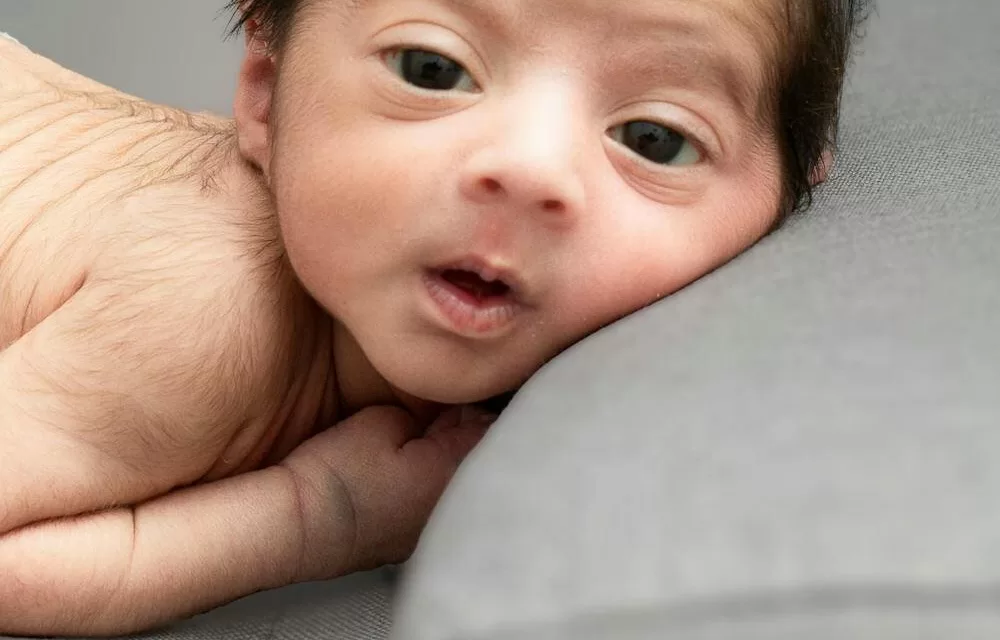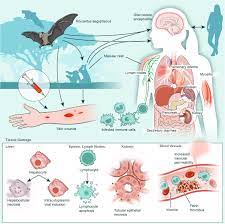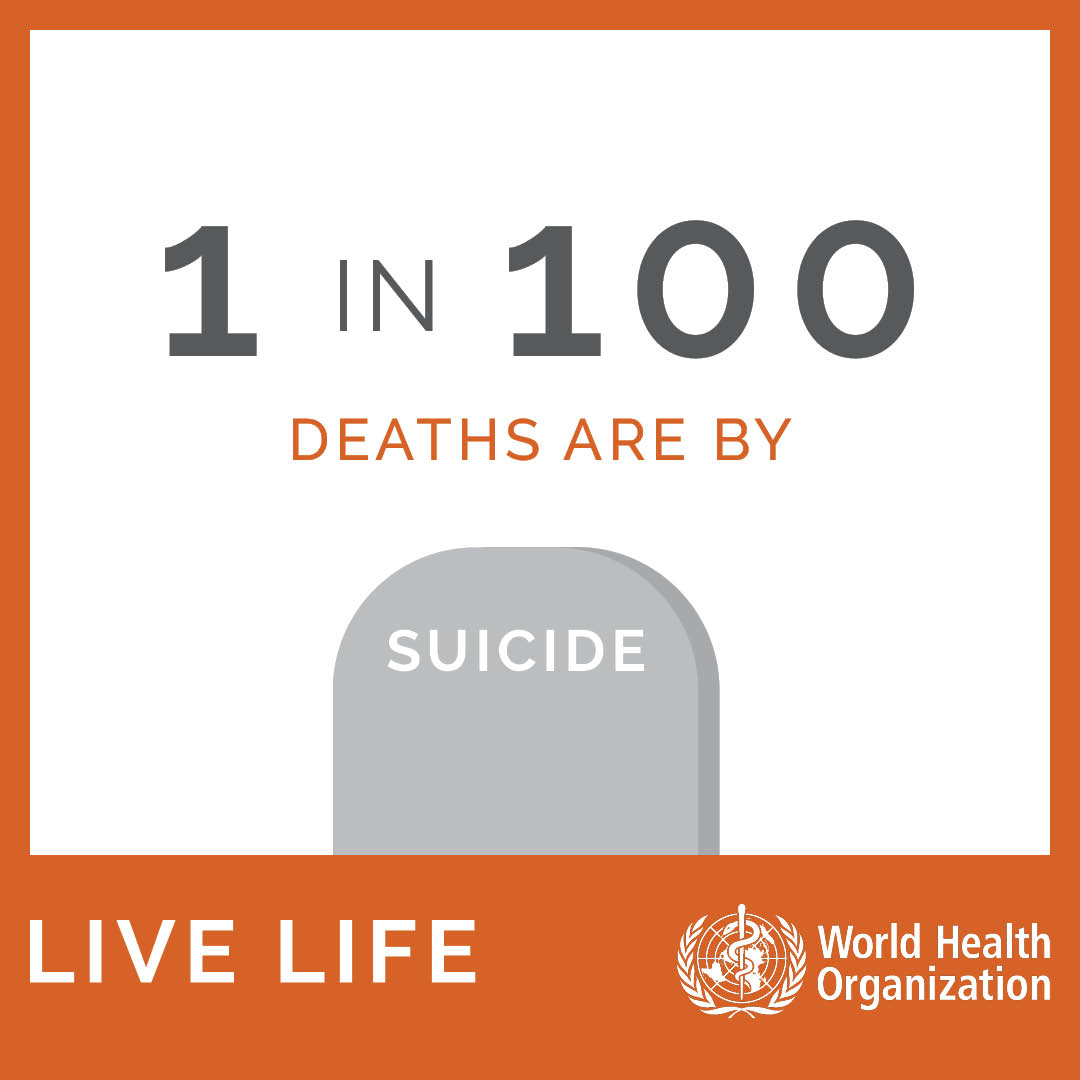A recent study has revealed that children with epilepsy often experience a significantly lower quality of life (QOL), and their caregivers face substantial mental and physical strain, particularly when the child has a disability. Published in the February issue of Epilepsy & Behavior, this research highlights the far-reaching impacts of childhood epilepsy on both the affected children and their families.
The study, led by Shin Okazaki from Osaka City General Hospital in Japan, analyzed data from 1,147 caregivers—99.7% of whom were parents—who completed a survey between March and May 2023. The team focused on the daily living quality of life of children with epilepsy using the Japanese version of the Quality of Life in Children with Epilepsy (QOLCE-Js52). Additionally, caregivers’ quality of life and burden were assessed using the Short Form-8 (SF-8) and the Japanese version of the Zarit Caregiver Burden Interview (J-ZBI_8).
The results were striking. The mean QOLCE-Js52 score, which reflects children’s daily living quality, was 68.3—indicating a marked reduction in quality of life compared to the general population. In terms of caregiver health, the mean scores for the physical and mental components of the SF-8 were 46.5 and 43.7, respectively, both significantly lower than the general population’s norms.
One of the more alarming findings was that 13.2% of caregivers had a J-ZBI_8 score of at least 13, indicating symptoms of depression. The study also revealed that children with disabilities—especially those with frequent seizures, a long duration of epilepsy, or requiring emergency transportation—had the poorest quality of life. These factors were identified as significant risk factors for increased caregiver burden and lower child QOL in a multivariate regression analysis.
“These findings underscore the substantial effects of caregiving on the mental and physical health of caregivers,” the authors note, urging further attention to the needs of both children with epilepsy and their families.
As the study’s results suggest, addressing the multifaceted challenges faced by caregivers is essential for improving both the child’s and caregiver’s well-being. The research calls for greater support systems and interventions to alleviate the burdens associated with pediatric epilepsy.
For further reading, see Epilepsy & Behavior (2025), DOI: 10.1016/j.yebeh.2024.110227.












